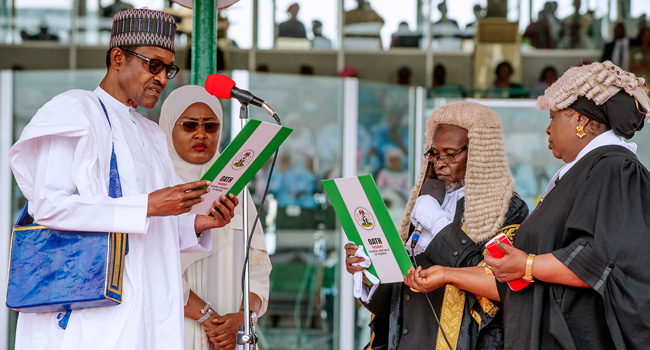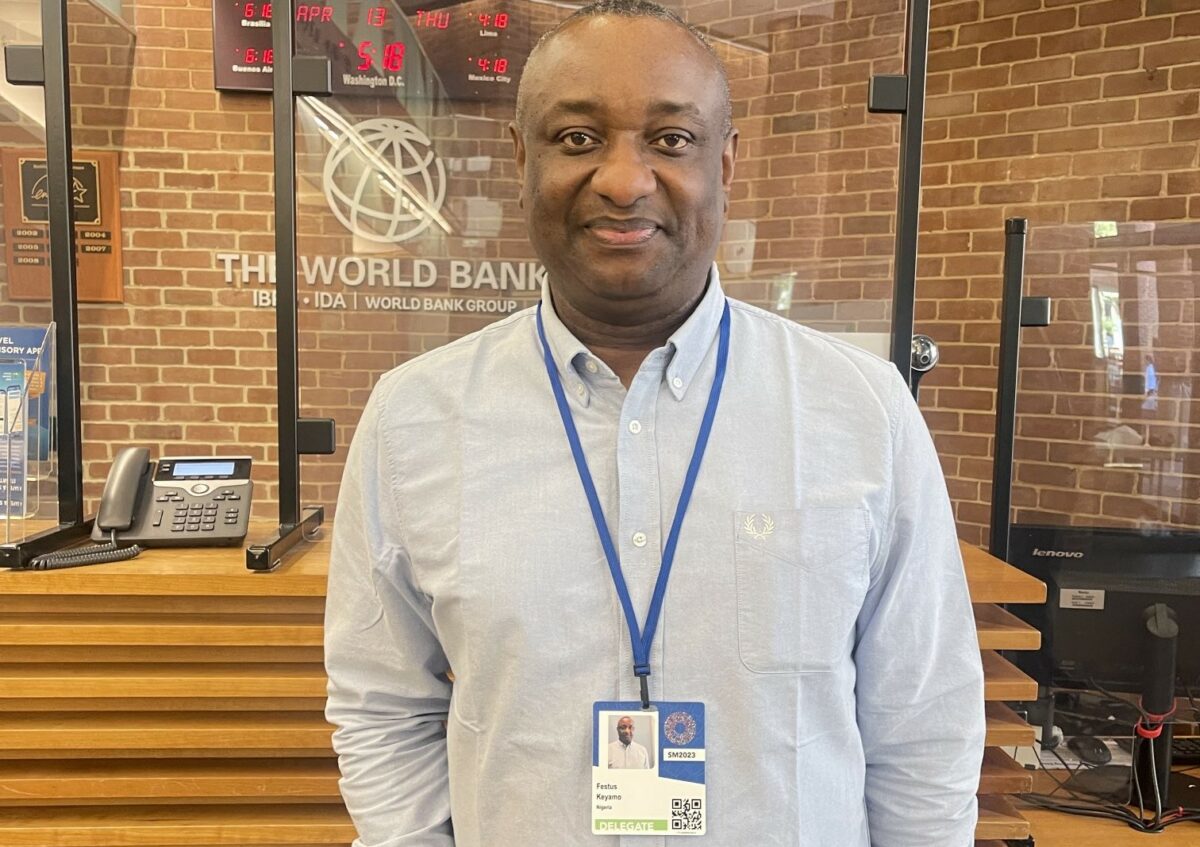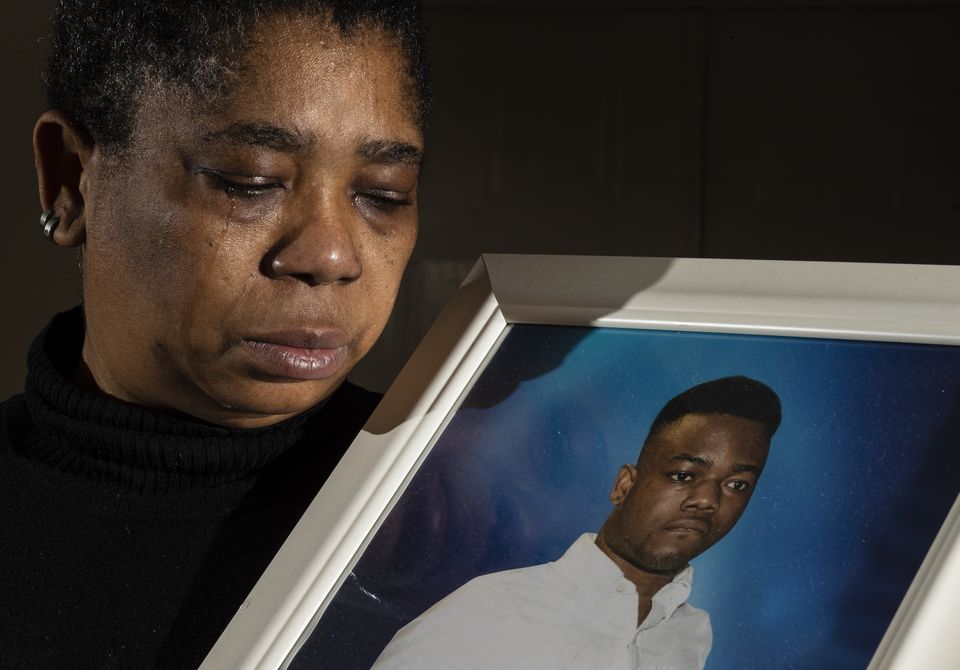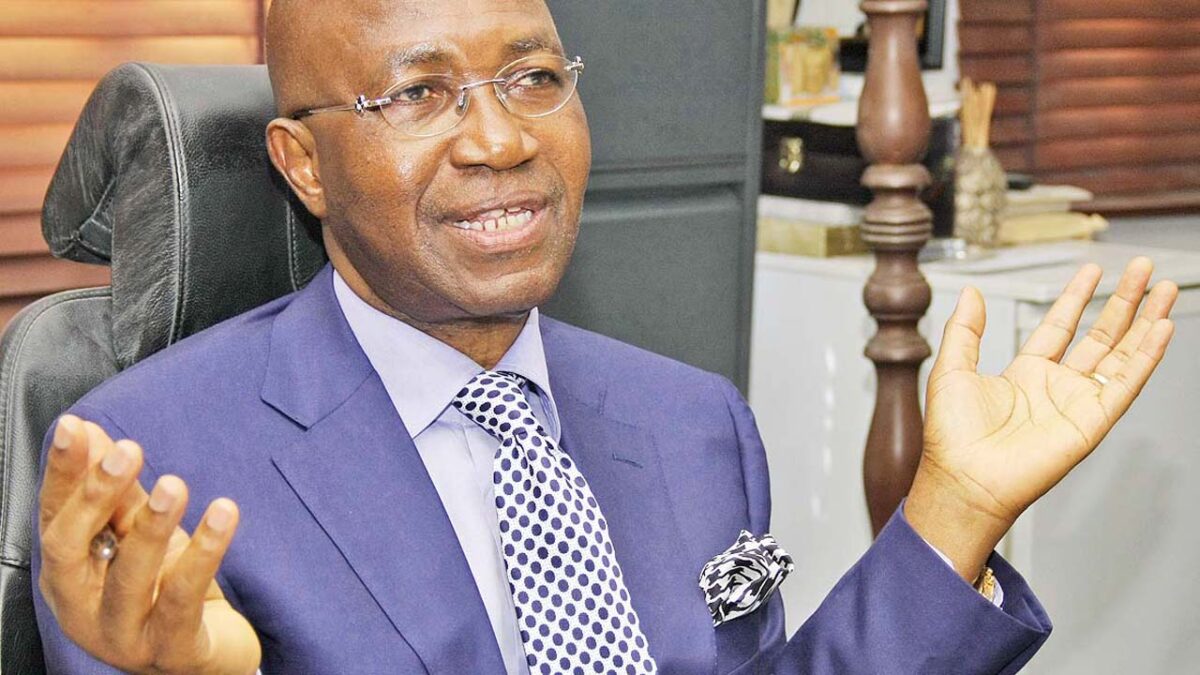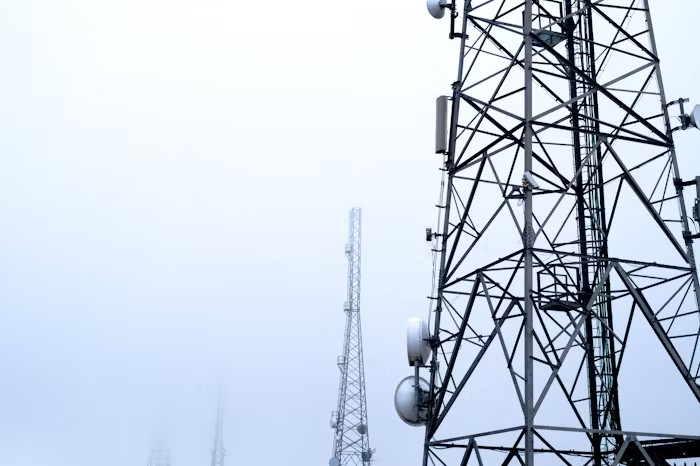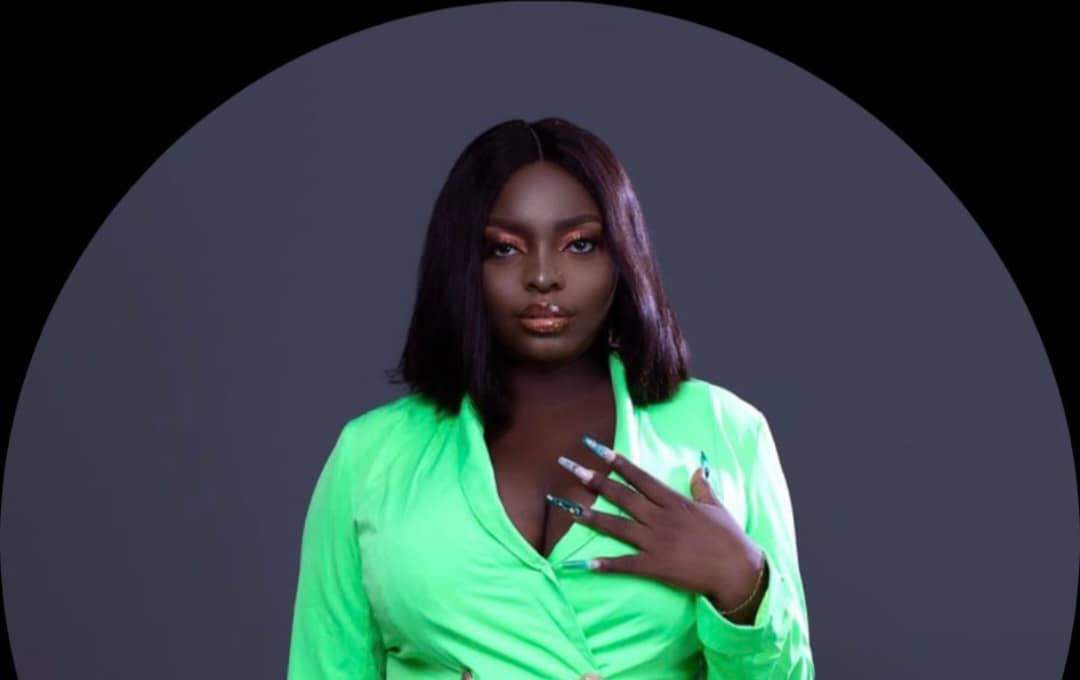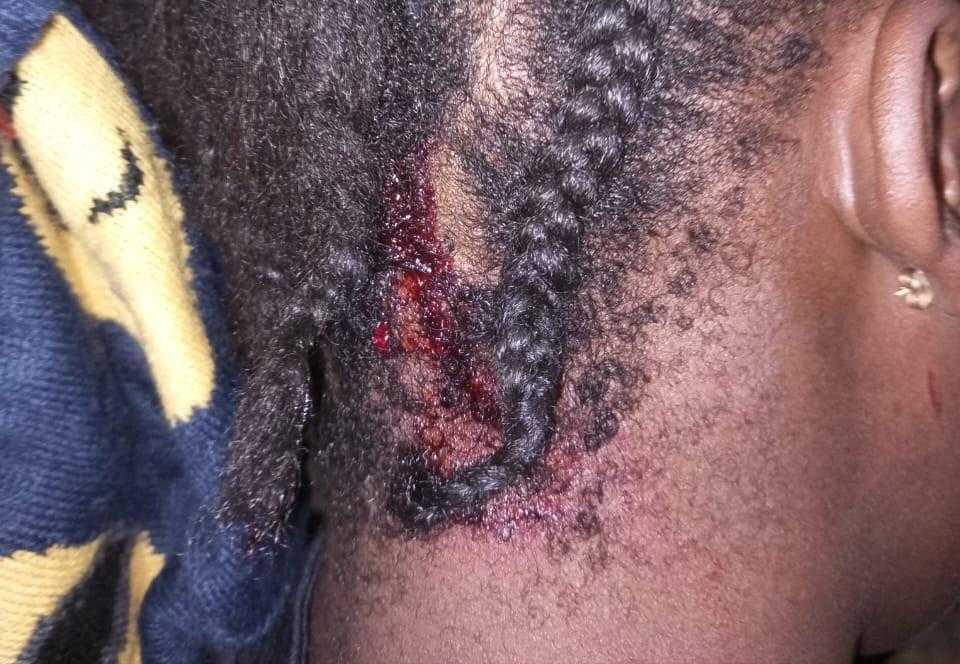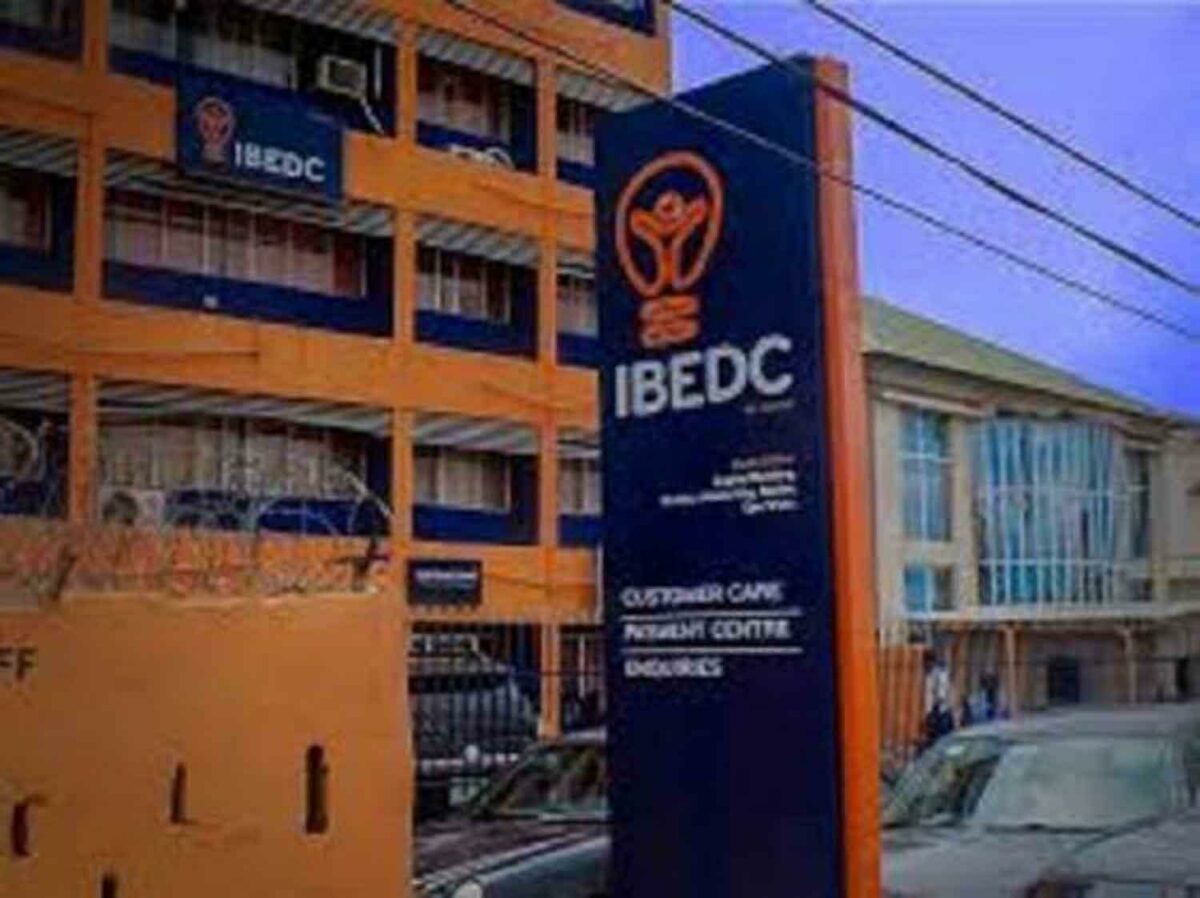Since Nigeria’s return to democracy in 1999, there have been several allegations of election malpractice and vote rigging. Only one election outcome has not been contested in court in the fourth republic. Major candidates have disputed even the result of the presidential election conducted on February 25.
The poll that saw the Independent National Electoral Commission (INEC) announce Bola Ahmed Tinubu of the All Progressives Congress (APC) as president-elect has been challenged by Atiku Abubakar, the presidential candidate of the Peoples Democratic Party (PDP), and Peter Obi of the Labour Party (LP).
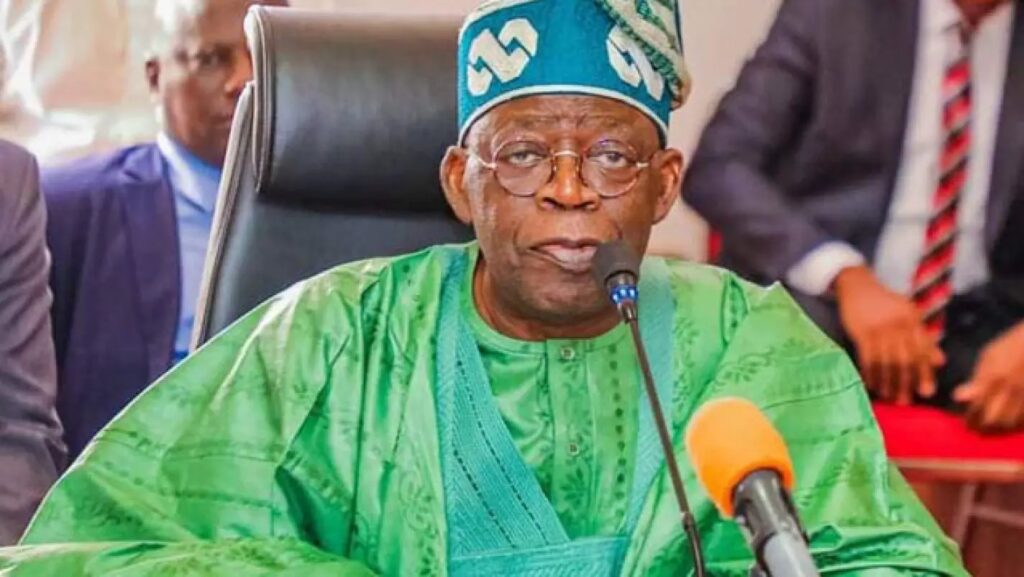
Atiku Abubakar, the PDP candidate, rejected the result, describing it as the worst election since Nigeria’s return to Democracy in 1999. His rejection of the result was followed by a PDP protest that he led to INEC’s headquarters in Abuja. He has also filed a suit against INEC at the Appeal Court, requesting that his legal team be allowed to inspect sensitive electoral materials used for the exercise.
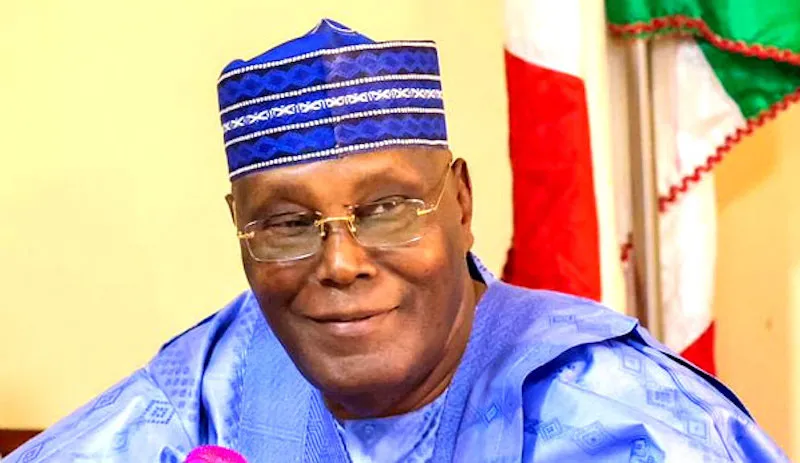
Peter Obi has also rejected the outcome. Recently, he asked the court to allow his legal team to inspect the materials INEC used in conducting the election.
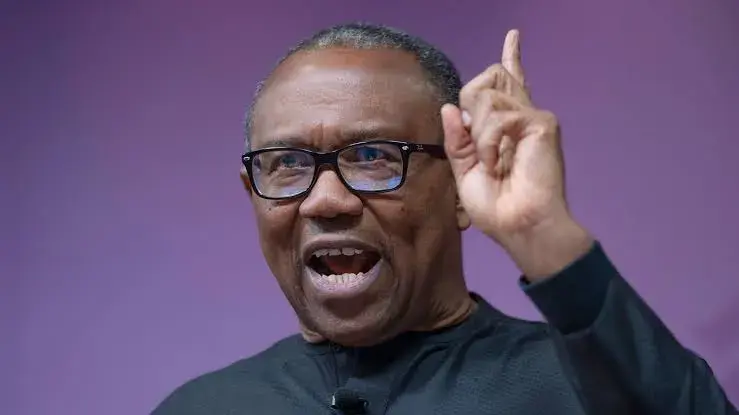
Here are other instances of such disputes and subsequent court rulings since 1999.
OLUSEGUN OBASANJO AND OLU FALAE (1999)
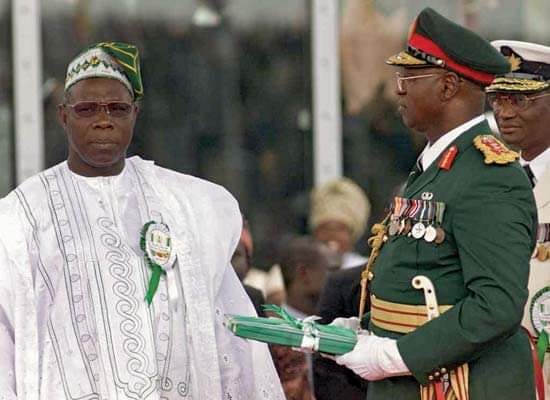
On February 27, 1999, Nigerians took to the polls to elect a new civilian president that would take over from Abdulsalam Abubakar, the then military head of state.
The election saw Olusegun Obasanjo, the presidential aspirant of the Peoples Democratic Party (PDP), contest against Olu Falae, the candidate who ran on the Alliance for Democracy (AD) and the All Peoples Party (APP)’s joint ticket.
At the end of the exercise, Obasanjo was declared winner. He was said to have polled a total 18,738,154 votes to defeat Falae who got 11,110,287.
In March of the same year, Falae filed a suit at the Appeal Court, challenging the then Ephraim Akpata-led INEC’s declaration of Obasanjo as winner of the poll. He also claimed the election was marred by fraud and bribery, and that Obasanjo was unfit to rule because he was once convicted for treason while Sani Abacha was Nigeria’s military head of state.
In the end, the court struck out his application based on technicalities.
While addressing a gathering in May 2022, Falae claimed that the election result was altered while he was asleep in the night.
“I didn’t lose. In fact, I won the election. The military felt safer in the hands of a fellow military man (Obasanjo) as their successor,” Falae said.
OLUSEGUN OBASANJO AND MUHAMMADU BUHARI (2003)
The 2003 presidential election held on April 19 of the same year saw Olusegun Obasanjo, the incumbent president, contest against Muhammadu Buhari, the candidate of the All Nigeria Peoples Party (ANPP).
At the end of the exercise, Obasanjo was said to have polled 24,456,140 votes while Buhari got 12,710,022 votes.
Dissatisfied with the outcome, Buhari challenged Obasanjo’s re-election at the Presidential Election Petition Tribunal sitting in Abuja in the same year.
On December 20, 2004, and after a protracted legal tussle, the tribunal dismissed the petition Buhari filed. He again went to the Supreme Court, but on July 1, 2005, the apex court delivered a judgement that validated the Tribunal’s earlier ruling.
UMARU MUSA YAR’ADUA, MUHAMMADU BUHARI AND ATIKU ABUBAKAR (2007)
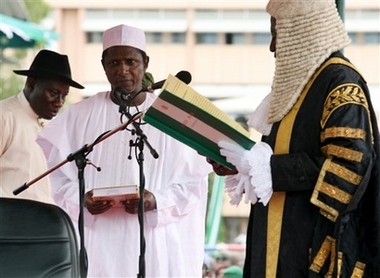
In April 2007, Umaru Musa Yar’Adua of the PDP won a highly controversial presidential election, polling 24,638,063 votes to defeat Muhammadu Buhari of the ANPP and Atiku Abubakar of the Action Congress of Nigeria (ACN).
Local and international observers said the election failed to meet international standards.
When Buhari and Atiku took the matter to the Supreme Court, Justice Idris Kutigi, after listening to the arguments of the lawyers representing both aspirants, reserved his judgement.
With this, Kutigi adjourned the proceeding without setting a specific date for the court’s final decision.
In November 2008, the Supreme Court eventually upheld the election of Yar’Adua into office as president.
At his inauguration, Yar’Adua admitted that there were lapses and a whole lot of irregularities in the election. He also promised to address the controversy. He subsequently set up an electoral reform committee to look into the matters raised during the poll that brought him to power.
GOODLUCK JONATHAN AND MUHAMMADU BUHARI (2011)

In 2011, Goodluck Jonathan of the PDP was announced winner of the presidential election that was conducted in April of the same year. He polled 22,495,187 votes to defeat Muhammadu Buhari of the Congress for Progressive Change (CPC) and Nuhu Ribadu of the ACN.
The result was again rejected by the losing parties, and in the end, a court case ensued with Buhari as the main plaintiff.
In an unanimous decision, however, the apex court, led by Justice Olufunmilayo Adekeye, held that Buhari failed to prove his allegation that INEC did not conduct the election according to the provisions of the law.
Consequently, the court dismissed the appeal and affirmed an earlier decision by the Court of Appeal which upheld the victory of Goodluck Jonathan.
MUHAMMADU BUHARI AND GOODLUCK JONATHAN (2015)
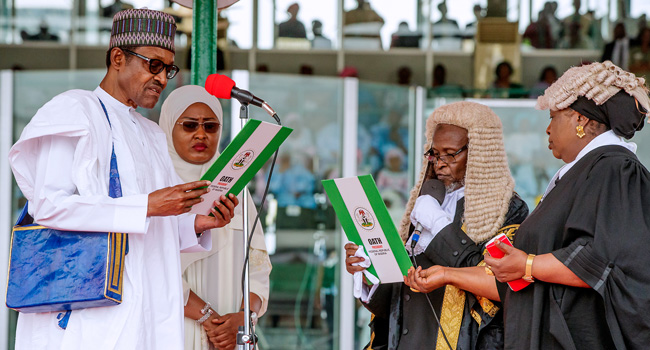
In March 2015, and after many attempts at becoming Nigeria’s president, Muhammadu Buhari emerged winner of the presidential election conducted in March of the same year.
Contesting on the platform of the All Progressives Congress (APC), a party formed in 2013, Buhari polled 15,424,921 votes to defeat Goodluck Jonathan, the incumbent president, who polled 12,853,162.
Before Attahiru Jega, the then INEC chairman, announced the final result, a remarkable incident happened. President Jonathan, knowing Buhari would eventually be declared as winner by the commission, placed a phone call to the former military head of state to congratulate him.
READ ALSO: Can a Candidate Be Declared President-Elect Without Getting 25% of FCT Votes?
This was the only time in the history of Nigeria’s fourth republic when election results were neither rejected nor challenged in court by a formidable aspirant.
MUHAMMADU BUHARI AND ATIKU ABUBAKAR (2019)
In February 2019, Muhammadu Buhari was again re-elected into office as Nigeria’s president. He polled 15,191,847 votes to defeat Atiku Abubakar of the PDP who had 11,262,978 votes.
While reacting to the announcement of the incumbent as winner, Atiku rejected the results, and in the end, sought the help of an election tribunal.
In August 2019, the tribunal rejected Atiku’s bid to overturn the election outcome and upheld Buhari’s victory as president.
The tribunal also held that Atiku failed to prove his allegations of electoral fraud sufficiently.
Atiku’s plea was again dismissed by a Supreme Court in October 2019 for a lack of merit.
Subscribe
Be the first to receive special investigative reports and features in your inbox.


